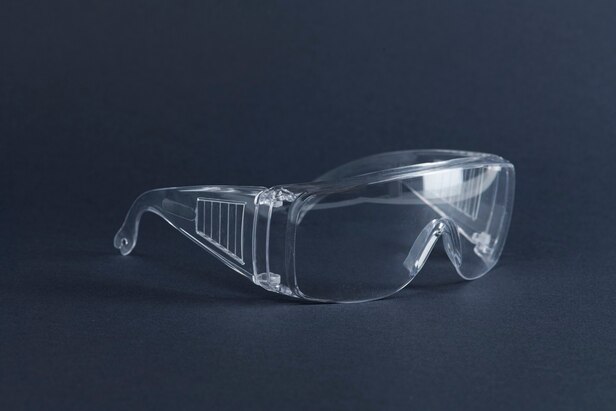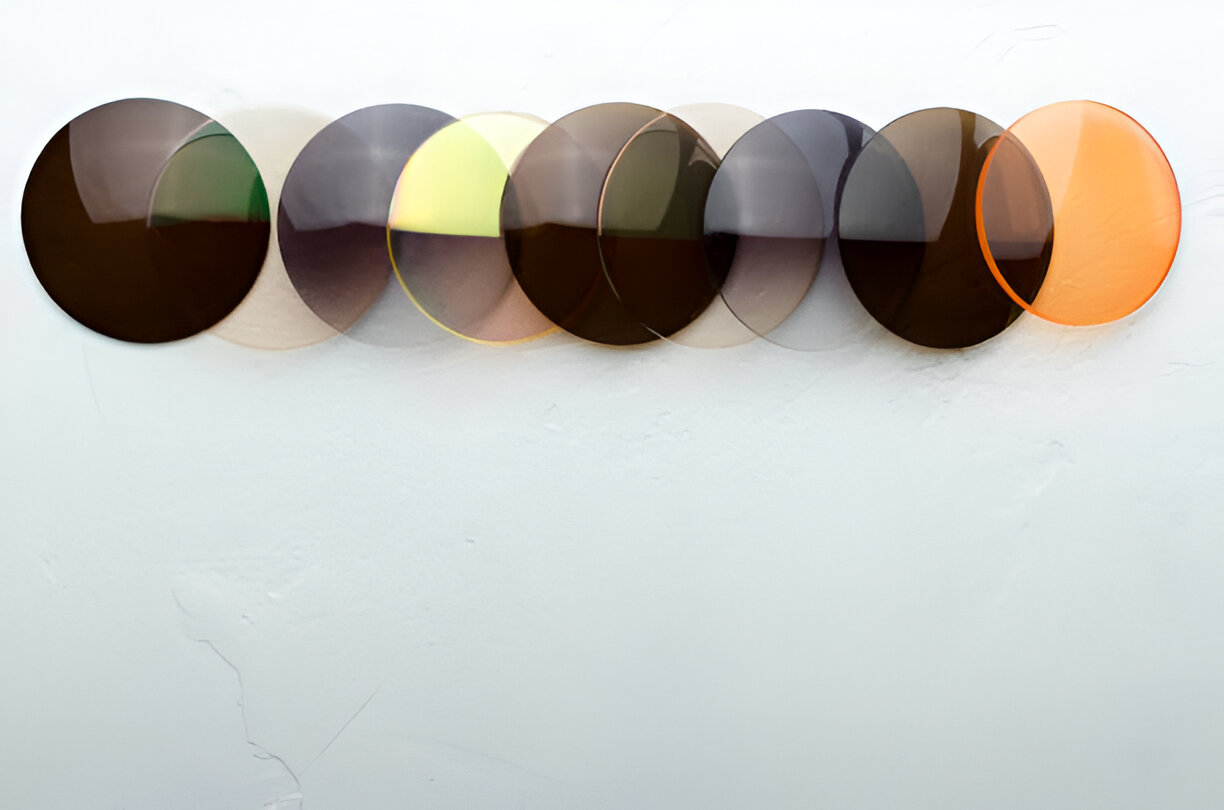
Blog
Which Material is Best for Clear Safety Glasses?
Regarding protection for clear safety glasses, Trivex and polycarbonate are the best materials. Besides, they are also used in sunglasses, eyeglasses, and sports spectacles. Both materials are lightweight and thinner than standard plastic. They provide 100% safety against UV rays that are harmful to the eyes. And the good news is that they are ten times stronger than standard glass and plastic lenses.
The blending of UV safety, lightweight, and durability make safety glasses an ideal choice for people. Besides, they are a superb choice for sports eyewear and children. Another cause to choose these lenses is clear visibility which keeps eyes comfortable for long hours of use.
The anti-reflect coating is ideal for the lenses because it reduces the lens reflection which can hurdle vision. This situation occurs when you are driving in a low light setting or at any place where glare sources are present. Learn more about polycarbonate and Trivex lenses.
Polycarbonate Lenses for Best Safety Glasses:
No doubt, polycarbonate is an excellent choice for ideal safety, and it was the first time used for aerospace. But today, eyewear lenses are crafted through polycarbonate material, and it was introduced in 198s. The chief cause of choosing this material was their impact resistance and lightweight.
Therefore, polycarbonate lenses are the standard of safety goggles, sports spectacles, and kid’s eyeglasses.
Hence the main reason to make a part of safety eyewear is less fracturing than standard plastic or glass lenses. Polycarbonate lenses have the best use in rimless eyeglasses design because lenses attach to the frame parts.
Many plastic lenses are made with a molding process in which liquid plastic overheats for an extended period making lenses shape. The liquid plastic is solidified and creates the shape of stylish safety glasses lenses. However, polycarbonate does not follow the molding process because it is thermoplastic which begins with the solid stuff making small pallets.
In the process of lens making, injection molding and pelleted get heat to melt them. When clear polycarbonate lenses are in liquid form, they instantly it is inserted into the lens shape. Then the lenses get compressed under maximum pressure and after some time when it is cool down, finally converted into lens products.
Trivex Lenses for Protective Eyewear:
Well, this material has several plus points like polycarbonate. After polycarbonate, Trivex stuff is also suitable for many safety applications and kids’ safety eyeglasses. Since Trivex was first time introduced in 2001. It is lightweight, thin, and has impact resistance like polycarbonate.
Besides, the trivex lenses contained a monomer with a urethane base and a molding process. The molding process is the same as other regular plastic lenses, but they offer sharp optics as compared to molded polycarbonate lenses.
An Overall Comparison between Polycarbonate and Trivex Lenses:
There is a quick comparison between trivex and polycarbonate lenses. It will help you choose which one is more suitable for you.
- Weight: Trivex lenses have less specific pressure than polycarbonate, which makes these lenses ten times lighter than polycarbonate lenses.
- Thickness: The refraction of an index of polycarbonate is higher than Trivex. Therefore, polycarbonate safety lenses are thinner than Trivex.
- Visual clarity: Due to less internal stress of Trivex lenses, they give sharper optical than polycarbonate protective lenses. Besides, due to its high Abbe value, Trivex lenses offer better peripheral vision than polycarbonate. However, polycarbonate lenses don’t afford sharp peripheral vision because of lower chromatic aberration.
- Impact resistance: In the case of impact resistance, both lenses are at an equal level.
- UV protection: There is another feature in which polycarbonate and Trivex lenses offer 100% blockage of ultraviolet rays. Therefore, they don’t require a specific UV coating for additional safety against sunlight.
- Accessibility: In the category of convenience, Trivex lenses are harder to find than polycarbonate lenses. But polycarbonate lenses come in a wide range of designs like multifocal and progressive lenses. Besides, photochromic clear lenses come in both materials.
- Price: Well, the price varies for both materials from store to store. But most optical stores get more charge of the Trivex lenses as compared to polycarbonate lenses.
Apart from the above features, consider some other factors before buying them. Comfort is the main criterion that demands the exact size for wearing your clear safety glasses for long hours.
Lens treatments with different coatings and tints are also sizeable features. It is because they provide you with a clear view of different environments and light situations. Safety criteria are also a focused factor, and you need to ensure for safety stamp ANSI Z87.1 on your eyeglasses. This safety stamp indicates that your protective glasses are tested under safety standard criteria. Besides, they are ready to face any danger.
Final Words:
After reading all these features, you must discuss with your doctor all the pros and cons of Trivex and polycarbonate lenses. It will help you find the finest material for your requirements and which comes under your budget.





Leave your comment